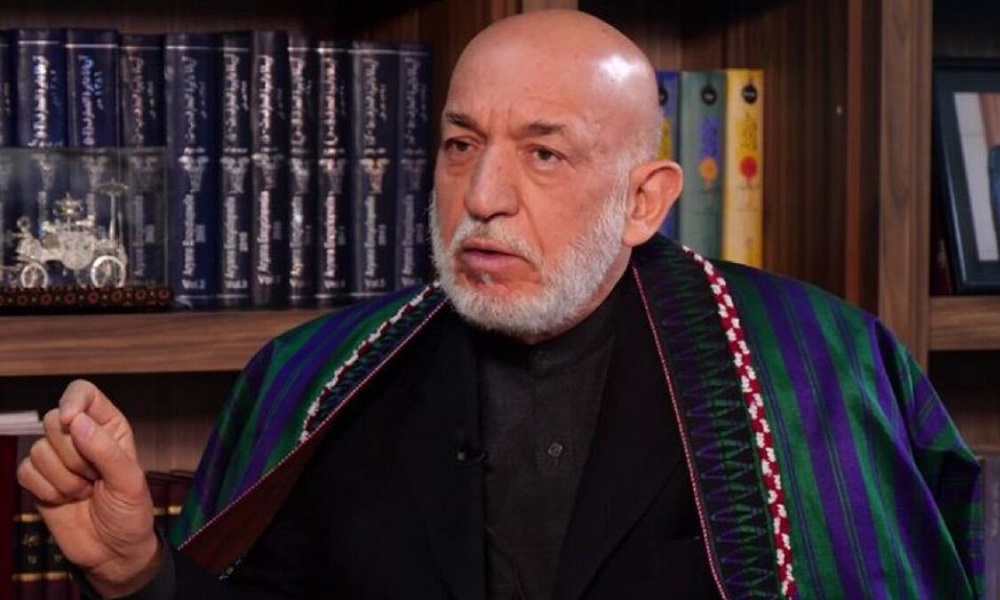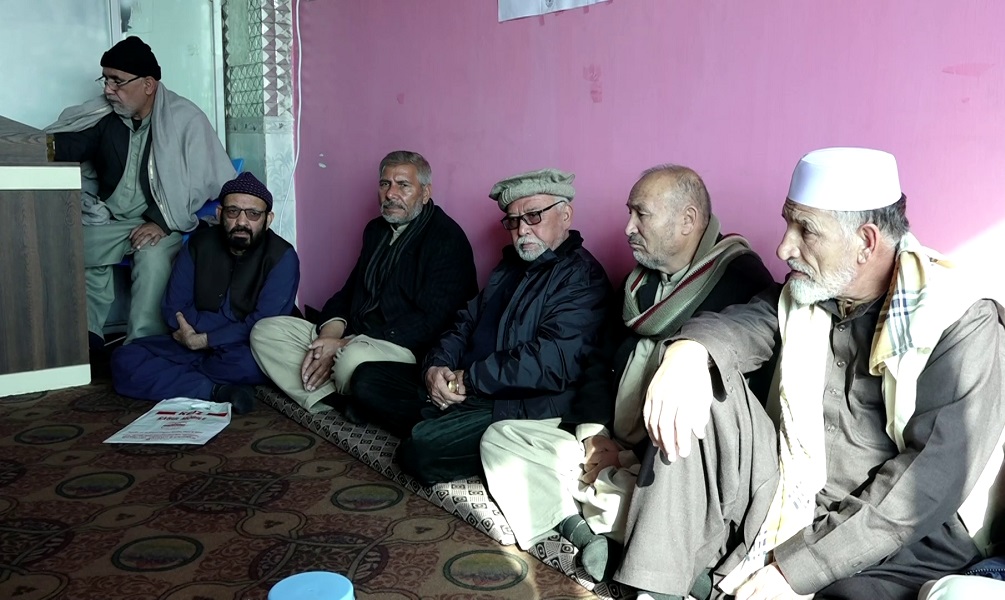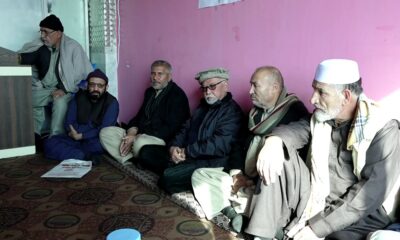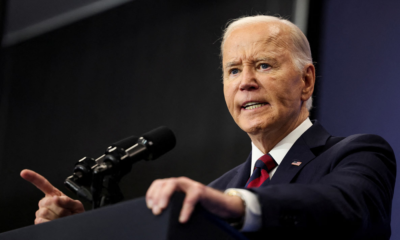Latest News
Bayat Power blazes ahead as it hits the one billion kWh of energy production milestone
From the outset, Bayat Power has tapped into Afghanistan’s abundant natural gas reserves to provide the people with a reliable supply of affordable and sustainable electricity.

Bayat Power, a pioneer in Afghanistan's independent power production sector, has reached a milestone in its endeavors to help develop the country, and today, August 23, the company successfully produced 1 billion kWh of electricity since commencing commercial operations in 2019.
Combining creative business vision, bold financing, innovative technology, and dedicated leadership, Bayat Power pioneered Afghanistan’s emerging, independent power production sector in 2019 with the focus on providing the nation with affordable, reliable, and environmentally sustainable electricity that is desperately needed to improve the lives of Afghanistan households, communities, and businesses.
According to the company’s chairman, Dr Ehsanullah Bayat, it is with “immense pride” that the company can announce this achievement of having produced 1 billion kWh of electricity.
“This remarkable achievement, marking the first natural gas-fired power plant in over forty years, is a testament to our beloved Afghanistan's abundant natural gas resources.
“This monumental success would not have been possible without the relentless dedication of our hardworking team, the steadfast support of the esteemed leadership at Da Afghanistan Breshna Sherkat, the Ministry of Energy and Water, the General Directorate of Afghan Gas Corporation Company and the invaluable contributions of all related organizations and our valued supporters,” Dr Bayat said.
He went on to state that the company is “deeply grateful for its partnerships. Let us celebrate this significant milestone together and look forward to an even brighter future for Afghanistan.”
This latest milestone comes just a few months after Bayat Power was awarded the prestigious Asian Power Award for its groundbreaking gas-fired mobile power plant.
Considered a leading award for the power industry in Asia, the awards honor companies that have taken innovative and game-changing steps to address the effects of the climate crisis and meet the growing demand for energy.
From the outset, Bayat Power has tapped into Afghanistan’s abundant natural gas reserves to provide the people with a reliable supply of affordable and sustainable electricity.
In 2019, Bayat Power took a major step towards realizing their mission when they commenced the start of site work on Bayat Power-1's 40MW gas-fired turbine, which achieved commercial operation later that year in Sheberghan.
The plant uses Siemens Energy’s SGT-A45 mobile gas turbine for its economic efficiency, flexible deployment, and power density.
The foundation of the project meanwhile is the executed Power Purchase Agreement (PPA) with DABS in which DABS has agreed to purchase the power produced by Bayat Power.
Bayat Power’s CEO Ali Kasemi also remarked on the company’s phenomenal achievement of having produced 1 billion kWh of electricity in only a few years.
He said this achievement was testimony to the hard work and tenacity of Afghans in their quest for energy security.
Kasemi said it is an extremely proud moment for Bayat Power as it relentlessly continues to help improve the lives of Afghans across the country, enabling students to study at night, allowing health workers to provide critical services 24/7, supporting factory production, and lighting up cities, streets, mosques, and homes nationwide.
“We set out to relaunch a critical sector and prove that independent power producers can convert natural gas into electricity and bring light and warmth to Afghanistan and its people,” he said.
Bayat Power was established in 2013 and with its visionary and innovative leadership, the company is establishing the foundations of an emerging independent power producing sector in Afghanistan.
Currently providing electricity to hundreds of thousands of end-users and generating more than 300 million kWh annually, the project was structured as an innovative public-private partnership between Bayat Power, Siemens Energy, and Afghanistan government entities such as the Ministry of Mines and Petroleum, the Ministry of Energy and Water, and the General Directorate of Afghan Gas Corporation Company, Da Afghanistan Breshna Sherkat (DABS), and other international partners.
Dr Bayat meanwhile said: “We are committed to continue investing in Afghanistan’s energy sector to boost new industries, create jobs and train a new generation of Afghan engineers and technical specialists, who will help unlock the country’s vast energy potential.”
Kasemi in turn pointed out that “right now, Afghanistan is ripe for investment and has not seen this level of peace and security in many, many decades,” adding that “it is a great time to join us in investing there, especially in the energy sector as Afghanistan has vast amounts of resources.”
The Bayat Group is the largest private investor in Afghanistan and Bayat Power is currently the only gas-powered plant in Afghanistan and the Siemens Energy’s SGT-A45 mobile gas turbine used by the company is the only one in operation in the world.
Related Stories:
Afghanistan’s Bayat Power the Proud Winner of Asian Power Award 2023

Bayat Power set to launch phase two of its gas to electricity power generating project
Latest News
G7 envoys urge national dialogue for lasting stability in Afghanistan

Special Representatives of the Group of Seven (G7), including the European Union, have emphasized the importance of a national dialogue for achieving long-term stability in Afghanistan.
Following a meeting on Afghanistan in Geneva, Switzerland, G7 special envoys issued a joint statement calling for the restoration of women's rights and urging the Islamic Emirate to fight terrorism.
The statement reads: "Achieving sustainable peace and stability requires credible governance that represents all segments of Afghan society."
The representatives also expressed concern over the IEA’s decision to ban girls from attending medical institutes, warning that it will have devastating consequences for the citizens, particularly mothers and their infants.
The statement described this ban as unacceptable and called on the Afghan authorities to lift it immediately.
Earlier, countries and international organizations had called for the removal of restrictions on the education and employment of women and girls, emphasizing the need for a national dialogue.
In response to these concerns, IEA has repeatedly stated that it will not allow interference in the internal affairs of the country.
The G7 special envoys also expressed their concern about the recent terrorist attacks in Kabul and the surrounding region, warning that terrorism remains a serious threat to Afghanistan's security. They confirmed the actions of the IEA against Daesh but stressed the need for more decisive measures.
Latest News
Afghanistan’s bright future lies in educating girls: Karzai

Hamid Karzai, the former president of Afghanistan, says the demand of Afghan girls for the reopening of schools and universities is their fundamental right and adds that Afghanistan cannot have a bright future without ensuring access to education for girls.
In a statement on his X (formerly Twitter) account, Karzai said: "The demand and voice of our country’s girls for education and knowledge is a rightful one and crucial for a prosperous Afghanistan."
He further emphasized, "Empowering the youth—both girls and boys—is the only way to achieve self-reliance, break the cycle of poverty, and drive the development and prosperity of society."
Karzai underscored that education is vital for Afghanistan’s growth and development, expressing hope that the doors of schools and universities for girls will be reopened as soon as possible.
Latest News
IEA to set up special courts to address pensions

Mawlawi Hebatullah Akhundzada, the supreme leader of the Islamic Emirate of Afghanistan (IEA), has issued a decree to establish special courts to address pensions, Bakhtar news agency reported on Saturday.
According to the decree, the courts must confirm and process pensions in accordance with Sharia and law.
Pensioners have repeatedly voiced concern over delay in payment, saying that their financial challenges are growing.
Earlier this year, IEA's supreme leader banned money being deducted from salaries of government employees for pensions.
He also requested information on the tenure of employees and the total amount deducted from salaries for pensions.
-

 Regional5 days ago
Regional5 days agoBomb kills chief of Russian nuclear protection forces in Moscow
-

 Sport5 days ago
Sport5 days agoATN once again seals deal to broadcast upcoming IPL across Afghanistan
-

 Sport5 days ago
Sport5 days agoLanka T10: All three matches abandoned due to rain
-

 World5 days ago
World5 days agoAt least 100,000 bodies in Syrian mass grave, US advocacy group head says
-

 Latest News5 days ago
Latest News5 days agoIndia hoping to import coal and marble from Afghanistan
-

 Sport4 days ago
Sport4 days agoZimbabwe’s opening ODI against Afghanistan abandoned
-

 Latest News5 days ago
Latest News5 days agoFuel prices rise in Herat as winter approaches
-

 Latest News5 days ago
Latest News5 days agoJapan announces $27.5 million aid package to Afghanistan



























